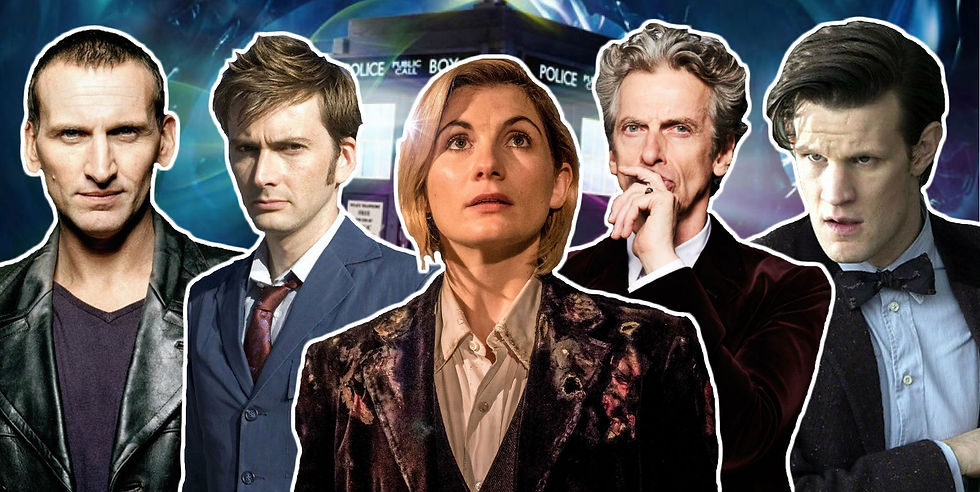The Evident Decline of Linear TV
- Nhyira M

- Sep 13, 2020
- 3 min read
Chances are, you're watching more and more Netflix, Prime or HBO, meanwhile TV Shows with set times aka Linear TV is getting less of your attention. And it's not so hard to see why. With streaming services, you can decide when you watching something, and bend the how, what, etc to your will. I, certainly, am the streaming type: whenever I switch on the TV, it's increasingly to use for BBC iPlayer, and occasionally the news. If I'm honest, the last time I probably watched an entire aired programme was days, maybe even weeks ago.

I, for one, believe that the only way shows on traditional TV can truly survive, is by having an additional streaming outlet, where many more of the watching audience can be reached. Not to claim any expertise in the matter, but shows such as Riverdale and Doctor Who, as well as being aired on the CW and BBC Channels respectively, can be accessed on Netflix; the time-lord series can also be found on BBC iPlayer.
Those 2 astoundingly popular shows, I doubt, would've had as much success had it not been for those who routinely choose streaming over aired content. For example, I know for a fact that the Doctor's Series is very much favoured in the US (though of British origin and popularity too, of course), with many, if not all the fans there viewing it via Netflix.

Moreover, there's the ad issue, which may contribute to the decision-making process. I mean, who wants to be interrupted from their favourite action show, when the rogue guy/gal is about to be discovered? To adverts of all things? I guess I know the minor few who seem to enjoy commercials even then they're from fictional books, but surely even then it's the wrong time to hit the pause at the juicy bit for a 'consumer opportunity'; however catch the tunes may be.

Furthermore, these days, mobility is everything (watch this space for a post to come soon on humanity's supposed obsession with decreased tech sizes and portability generally). Whether it's Netflix, Disney Plus or BBC iPlayer, you name it, there's bound to be an app for it. And of course there are a growing number of Channel apps which allow people to see live, whatever's being aired on that Channel, but unless you somehow manage to find time to watch each episode of a series in order, just by the channel - I certainly don't - then chances are you would want to watch your fave shows on demand, at your own pace.
For me, that means starting from the very beginning of a series, to understand everything that's going on. As of now, I'm going through the entire MCU - excluding all the Netflix Series - which of course is much larger than 1 show, but certainly more satisfying than watching bits and pieces here & there. I believe the same goes with a show: would you rather purchase a streaming service, that would allow you to watch a show from the start of the story at your own pace or keep it to the television, forcing you to set time aside every time it airs and ensure you don't miss the beginning?

Leading on, that brings me to one last topic that could be heavily affected by the closing gap between Linear TV & Netflix-like services: TV Licences. Although anyone using BBC iPlayer is required to have a TV Licence, the majority of services only mandate payments directly to it. And since shows such as Doctor Who - as previously mentioned- and Sherlock are available on Netflix as well as iPlayer, Licensing may well take a loss here. Truthfully, there has been an increase in people asking themselves, "What really is the need for a TV Licence?", as we see with the stats that shows us that in 2018-19 there was a reduction in purchases of licences, compared to the year before (https://www.dailymail.co.uk/news/article-7207445/TV-licence-sales-decline-37-000-time-ten-years.html#:~:text=In%202018%20%2D%2019%2C%2025%2C927%2C000%20licences%20were%20purchased%20in%20the%20UK,licences%20for%20the%20over%2D75s.).
This question may soon turn into. "What's the need for Linear TV?"
Though many, of course, have already begun.







Comments